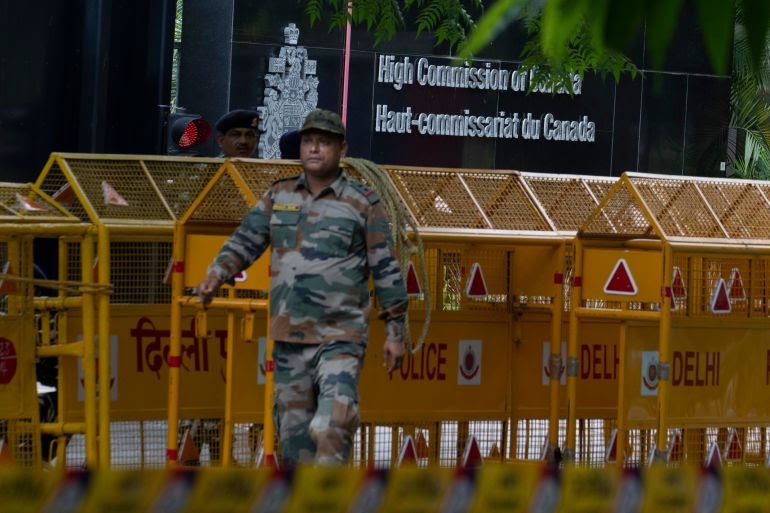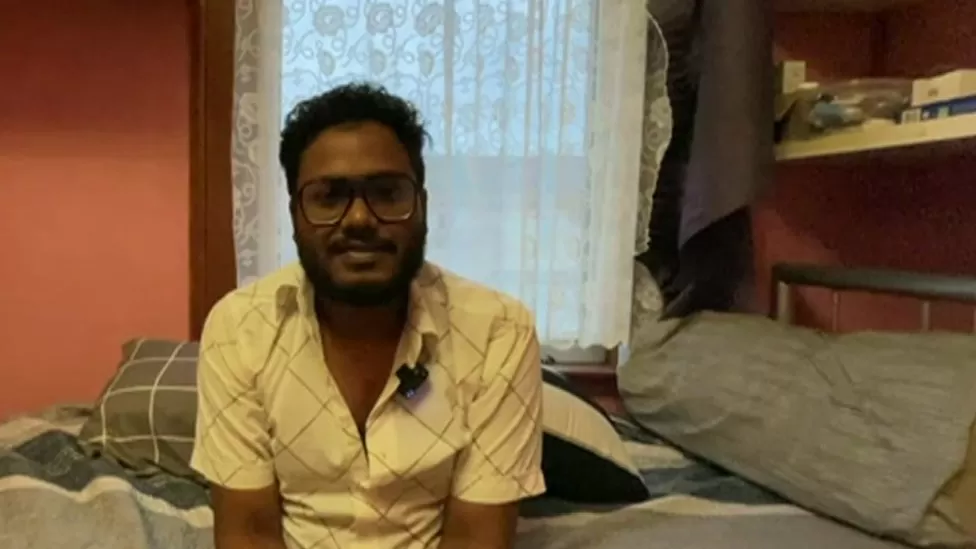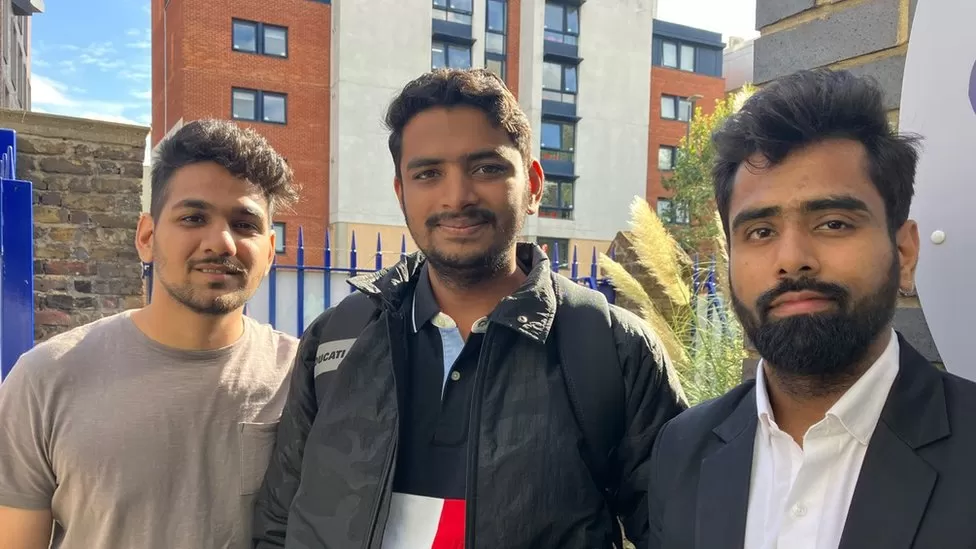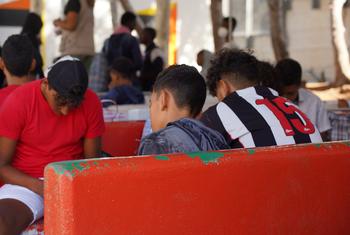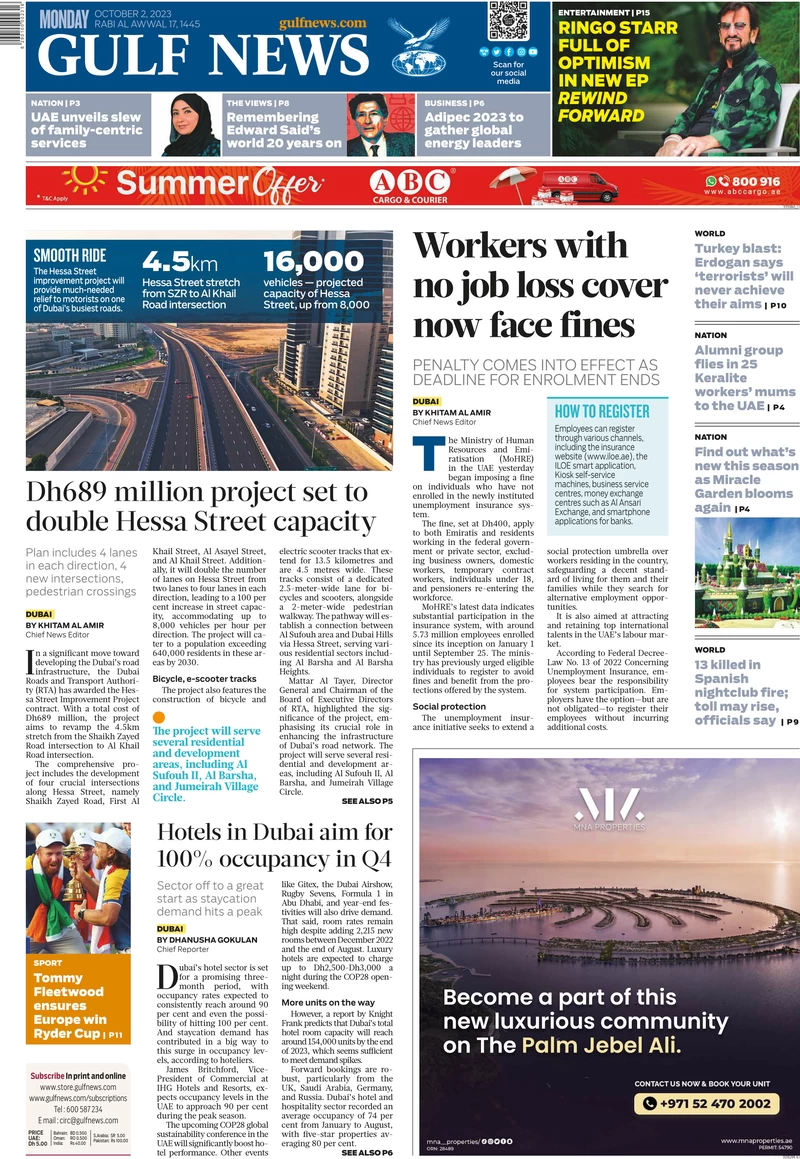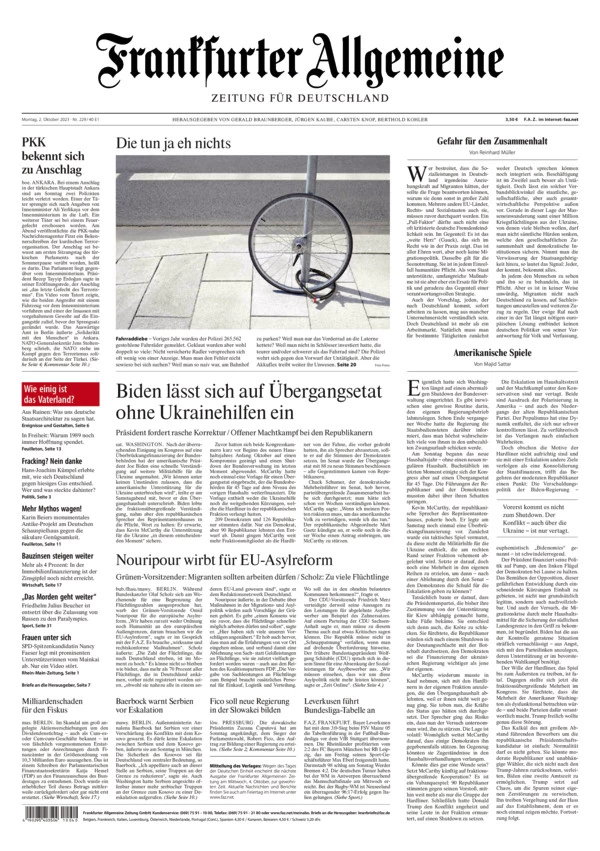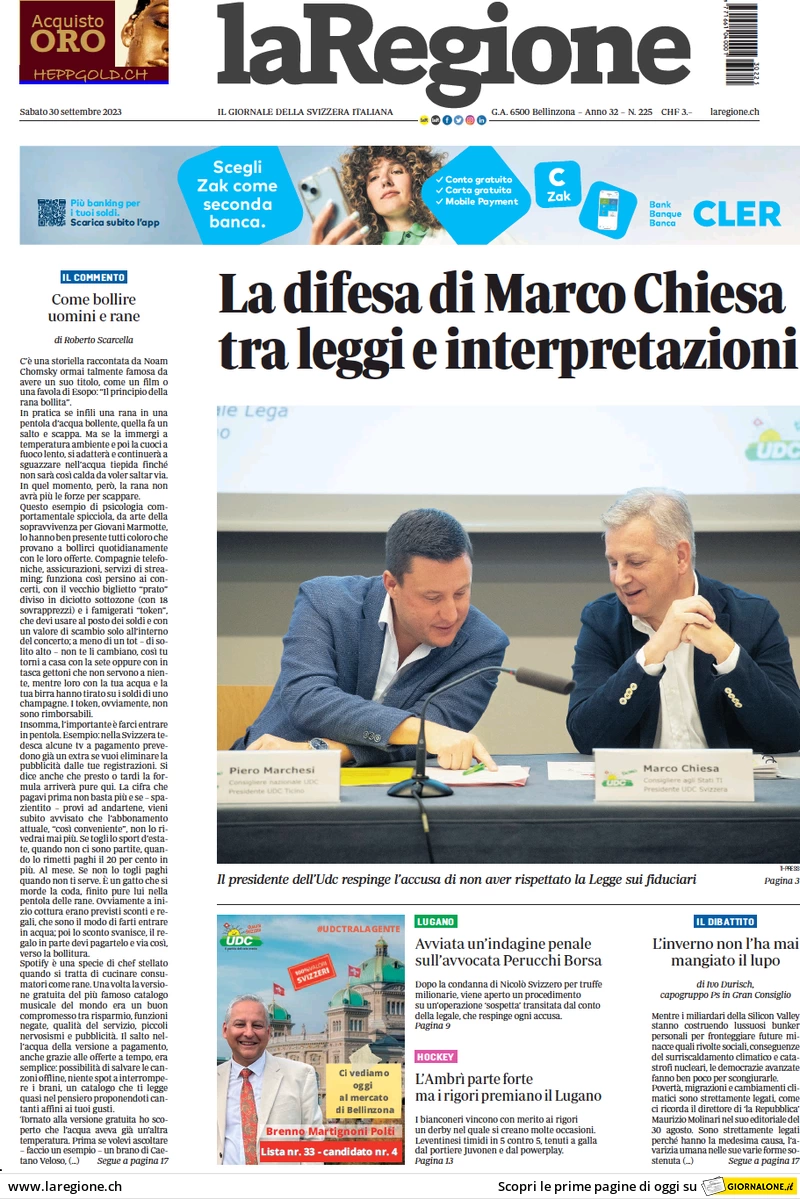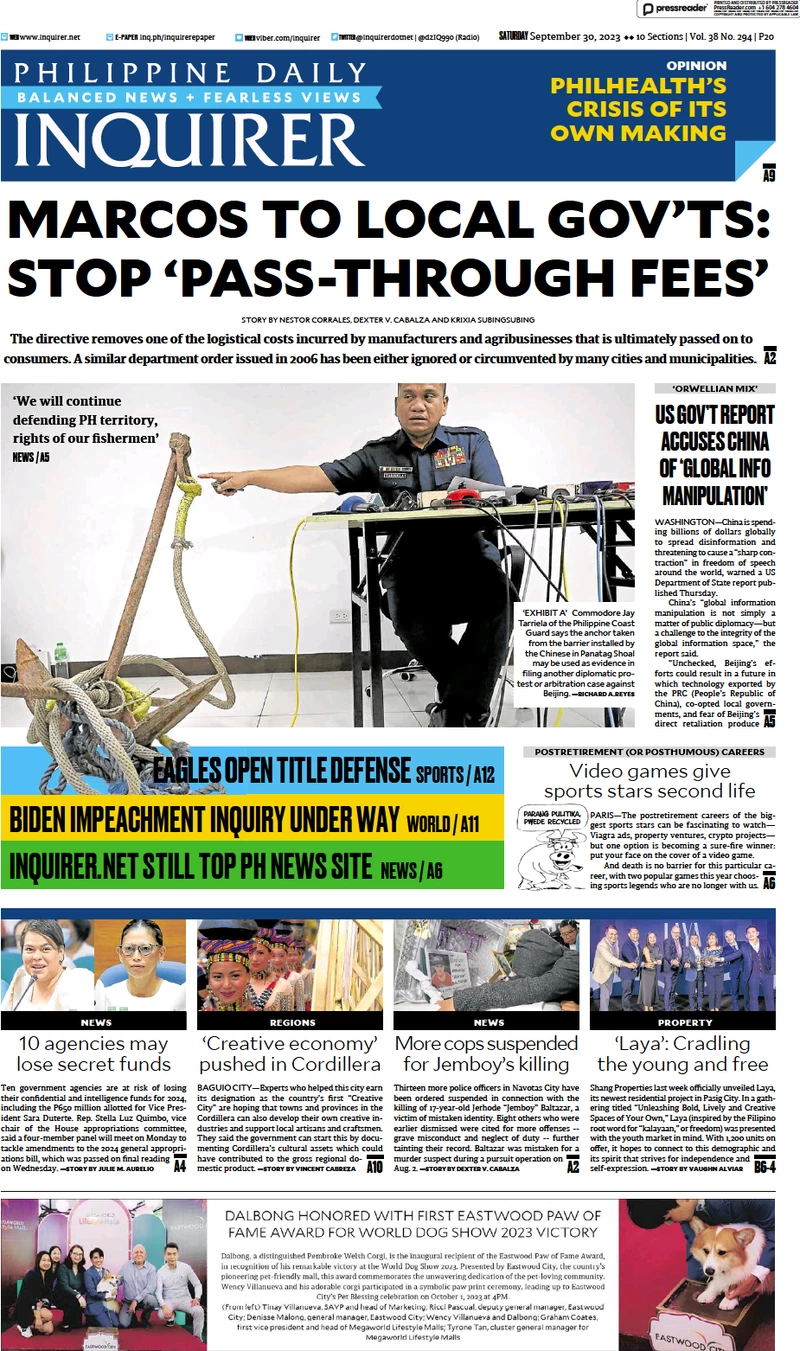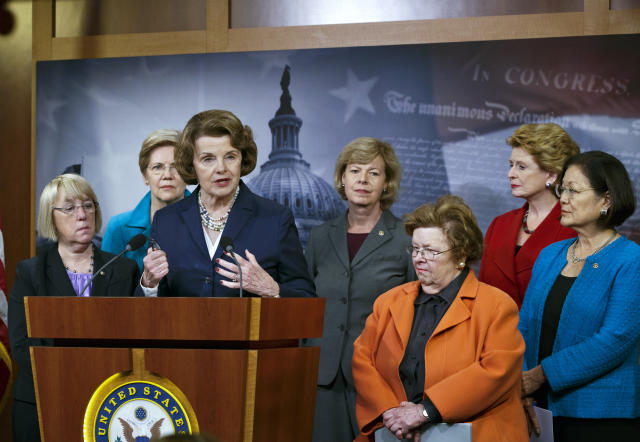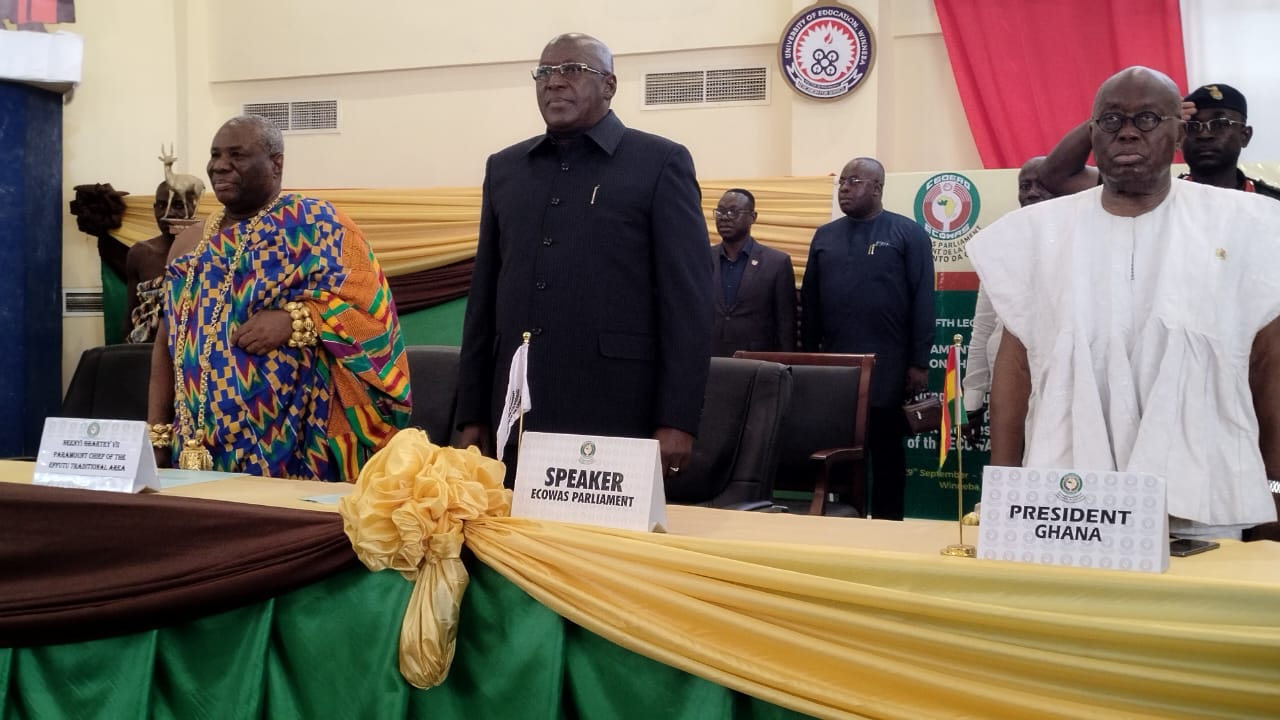The ECOWAS Parliament has initiated moves to determine the causes of military takeovers, democratic regression, and political instability in the sub-region in spite of the existence of Community Acts and Protocols intended to consolidate democracy and promote political stability.
Concerns over the recent spate of military takeovers in the West African Community necessitated the need to examine the “Role of the ECOWAS Parliament Relating the Challenges of Unconstitutional Regime Change and Presidential Term Limits in West Africa” in a high-level parliamentary seminar organized by the ECOWAS Parliament to run from September 29 – October 1, 2023 in Winneba, Ghana.
Speaker Tunis, during the seminar, reiterate that the responsibility of Legislators is not only to create laws and policies but also to rigorously monitor implementations.
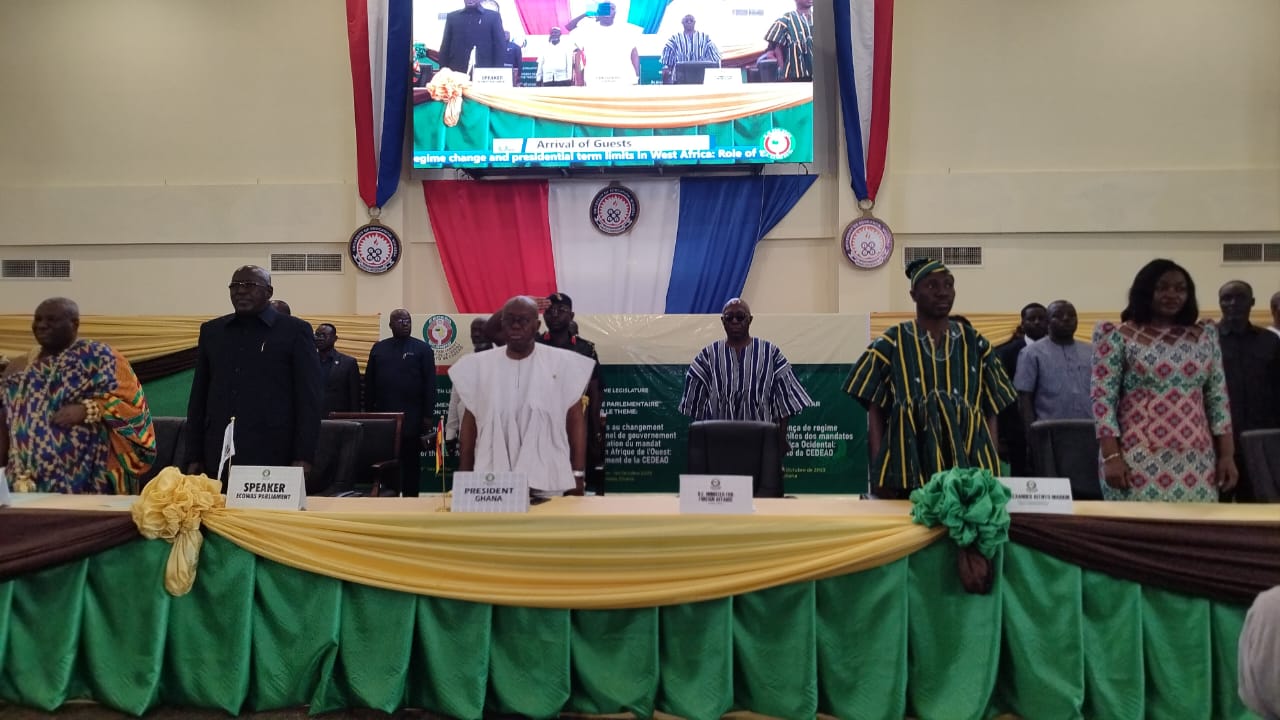
The Speaker said to ensure that ECOWAS performs maximally to the expectation of the people parliamentarians must facilitate robust and continuous discourse on the broad issues aimed at formulating effective and sustainable solutions to crises confronting the community and humanity in general.
“During this Seminar, we also intend to look at the causes of various attempts by democratically elected leaders in the sub-region to extend their term limits despite crystal-clear constitutional provisions outlining these terms, as well as the potential role the ECOWAS Parliament can play in preventing such anti-democratic actions.
“We note that the role of the Parliament in upholding regional stability, laying the groundwork for democracy, economic growth, and the rule of law, as well as acting as the voice of hope for all our peoples, is invaluable and should never be diminished. Parliamentarians need to step up to the plate and demonstrate the extraordinary leadership that is expected of us.
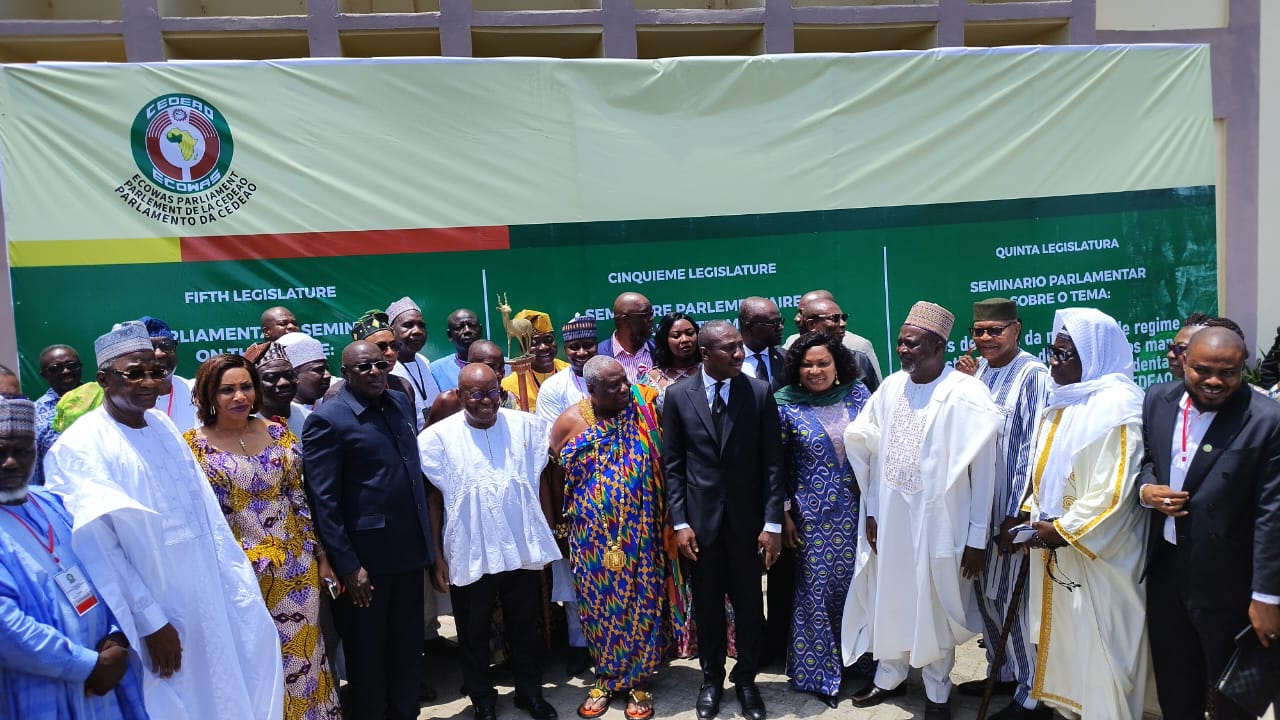
“The adage “to whom much is given, much is expected” applies here. We must embrace democracy as essential to progress and muster the confidence to speak out against leaders who are solidifying their hold on power against the wishes of the people because we have a moral obligation to do so.
“We must denounce those who start constitutional and institutional coups with the same zeal and tones as we denounce military coups. We must publicly denounce corruption, poor leadership, and anti-democratic forces while resisting those who seek to undermine our democracy. To that effect, the ECOWAS Parliament must take charge and ensure that National Parliaments carry out conflict prevention measures in addition to overseeing the effective operation of the ECOWAS Early Warning System.
“We must also be sensitive to the situation of young people in our society, who face poverty, barriers to education, many forms of discrimination as well as limited job prospects and opportunities, leaving them susceptible to engaging in anti-democratic initiatives.
He said that in response to the growing understanding of the value of youth in building resilience and peaceful societies, especially across the region, the ECOWAS Parliament is collaborating with Non-Governmental organisations (NGOs), led by Oxfam and its partners, including the Foundation for Security and Development in Africa (FOSDA), Campaign for Human Rights and Development International (CHRDI), and the West African Youth Alliance, to establish the ECOWAS Youth Parliament.
The establishment of the Youth Parliament, which is aligned with the ECOWAS Strategic Objective #5: “Building ECOWAS into a community of peoples fully inclusive of women, children and youth”, will facilitate the active participation of youths across the region in achieving the community vision, in coordination with the ECOWAS Parliament.
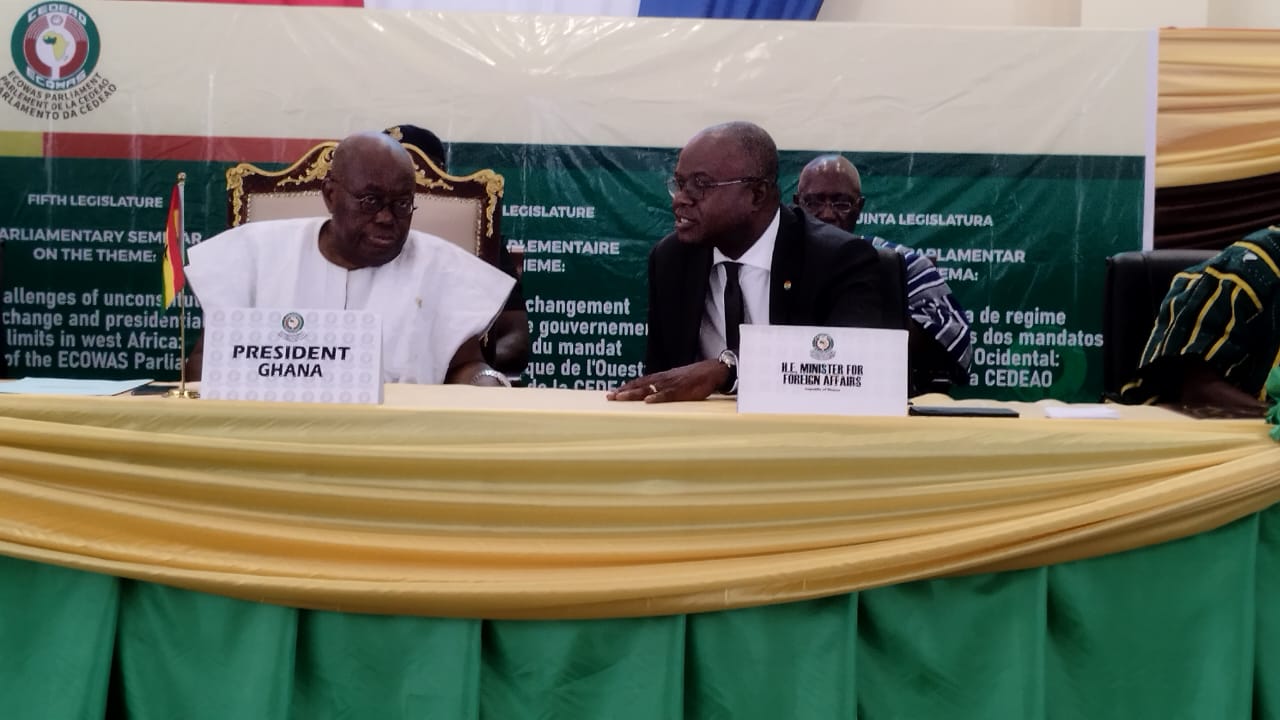
Earlier the Head of Ghana Delegation at the ECOWAS Parliament, Hon. Alexander Afenyo-Markin, said that the recent activities of unrest the the subregion should in no way provide a justification for military coups to overthrow democratically elected regimes.
“We must insist, fervently, that the answer to these acts of terror lies within our democratic institutions, standing as bastions of hope and fortitude amidst the turmoil.
“We stand at a juncture where the road we choose will dictate the future of our great region. The recent resurgence of military coups threatens to drag us back to an era we have fought tirelessly to transcend. We must firmly CONDEMN the coups in Mali, Burkina Faso, Guinea, Chad, and Gabon, along with the hostilities in Sudan.
“These actions are a betrayal of the democratic principles we hold dear, and we demand a swift return to constitutional rule. We must affirm, unequivocally, that regression is not the solution. Our golden age lies ahead of us, not in the shadows of the 1960s to 1980s”, Afenyo-Markin stated.

He said it is under the shade of democracy that aspired progress can be cultivated to propel Africa into an era of supreme industrialization in the wake of the AfCFTA.
In response to the recent incidences of military takeovers in the West African sub-region, the President of Ghana, Nana Akufo-Addo, has said that democracy in West Africa is in danger, urging all to work harder to entrench the principles of democratic accountability in the citizens.
He stated that the region is confronted with a difficult economic, political, social insecurity situation.
“Despite the considerable progress made by the community in the areas of democracy, good governance and the rule of law since the 1990s, “we are at the moment witnesses a significant decline in our democratic relations”, President Akufo-Addo said.
“This observation is bitter and implacable, today four member ECOWAS States are led by military government as a result of coup d’etat, this has unfortunately created a state of palpable anxiety and tension in every corner of the region, raising the spectre of region instability which we thought had been banished forever. Equally apart is the culture of violence and disputes that characterize the period of electing some of our leaders.
“In my opinion, regional democracy is currently facing three serious threats. Firstly is the attempted confiscation of democracy by elites who engage through legal acts in the manipulation of constitutional rules and the subjugation of the institutions of the republic with the sole aim of remaining in power.
“Secondly is the emerging remilitarization of governance with the return once again of the military unto the political scene. We’ve neither consulted or received any mandate from the people on whose behalf they purport to act.
“Lastly is the wanton desire to destroy democracy by terrorist groups and armed criminal gangs which see to start lawlessness in the absent of freedom in our region.
“I want to reaffirm that in the contemporary world, the only legitimacy for any leader is through a mandate that is freely give by the people in a fair, peaceful and transparent election. This is the most tangible and objective way to know and recognize the commonwealth which is the wealth of the people.
“The election of Mohammed Bazum in Niger inboard this recognition of the commonwealth and that is why the coup in Niger is particularly tragic for the consolidation of democracy in our region.
“It is also important to remind us that democracy is not a western concept as some believe but rather a universal concept of general application. The history of the world, including that of Africa testifies that the process of electing and installing leaders in democratic circumstances provides the best form of government.
“Modern history has taught us that tyranny, oppression and totalitarian government do not last long. No matter how a people reject democracy and civil liberty circumstances will always force them back to embrace them”.
President Akufo-Addo urged Parliamentarians to speak against the extension of presidential tenures by some leaders to strengthen their grip and power.
These actions according to President Akufo-Addo, tend to result in discontent among the populace to create fertile grounds for which military intervention feed.
President Akufo-Addo assured that the Authority of Heads of State of ECOWAS will be receptive to all proposals and await them with great interest and expectations.
He said he hopes the conclusions and recommendations from the seminar will contribute to the deepening and strengthening of democracy, good governance, peace and stability in the region.
The seminar is expected to brainstorm on the major challenges facing the region and profer solutions, the Ghanaian president assures that the authority of Heads of States are expectant of the resolutions.
“There should be no backsliding in support for democratic values anchored on the promotion of the rule of law and respect for human rights.
